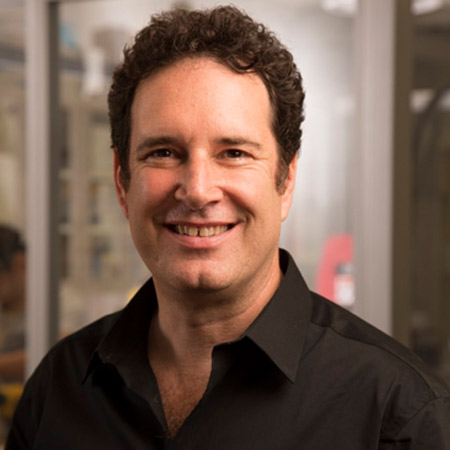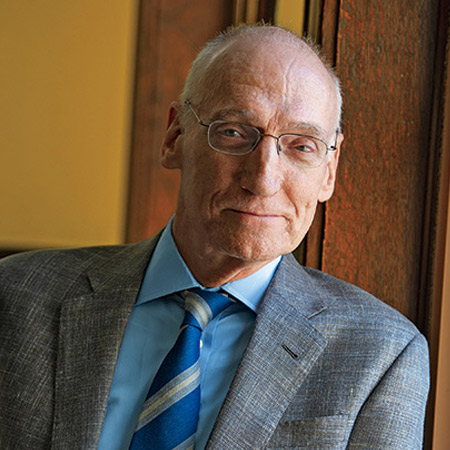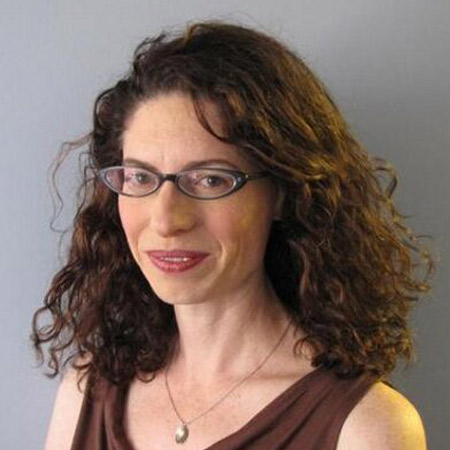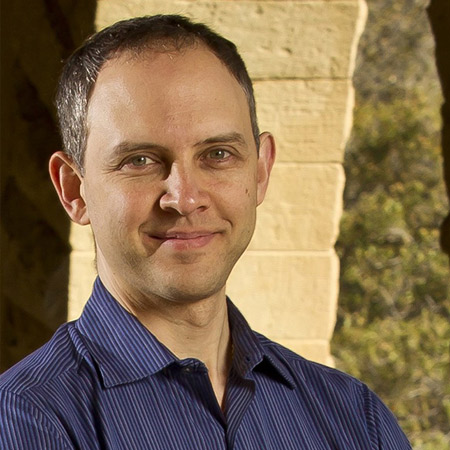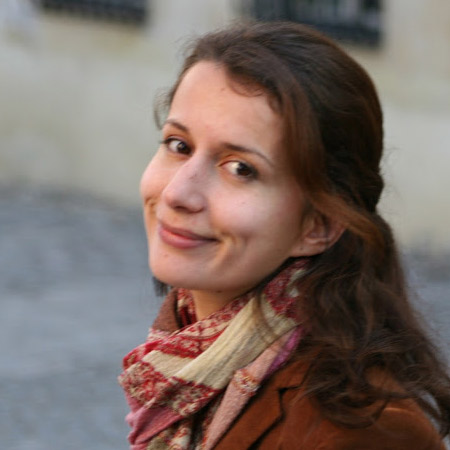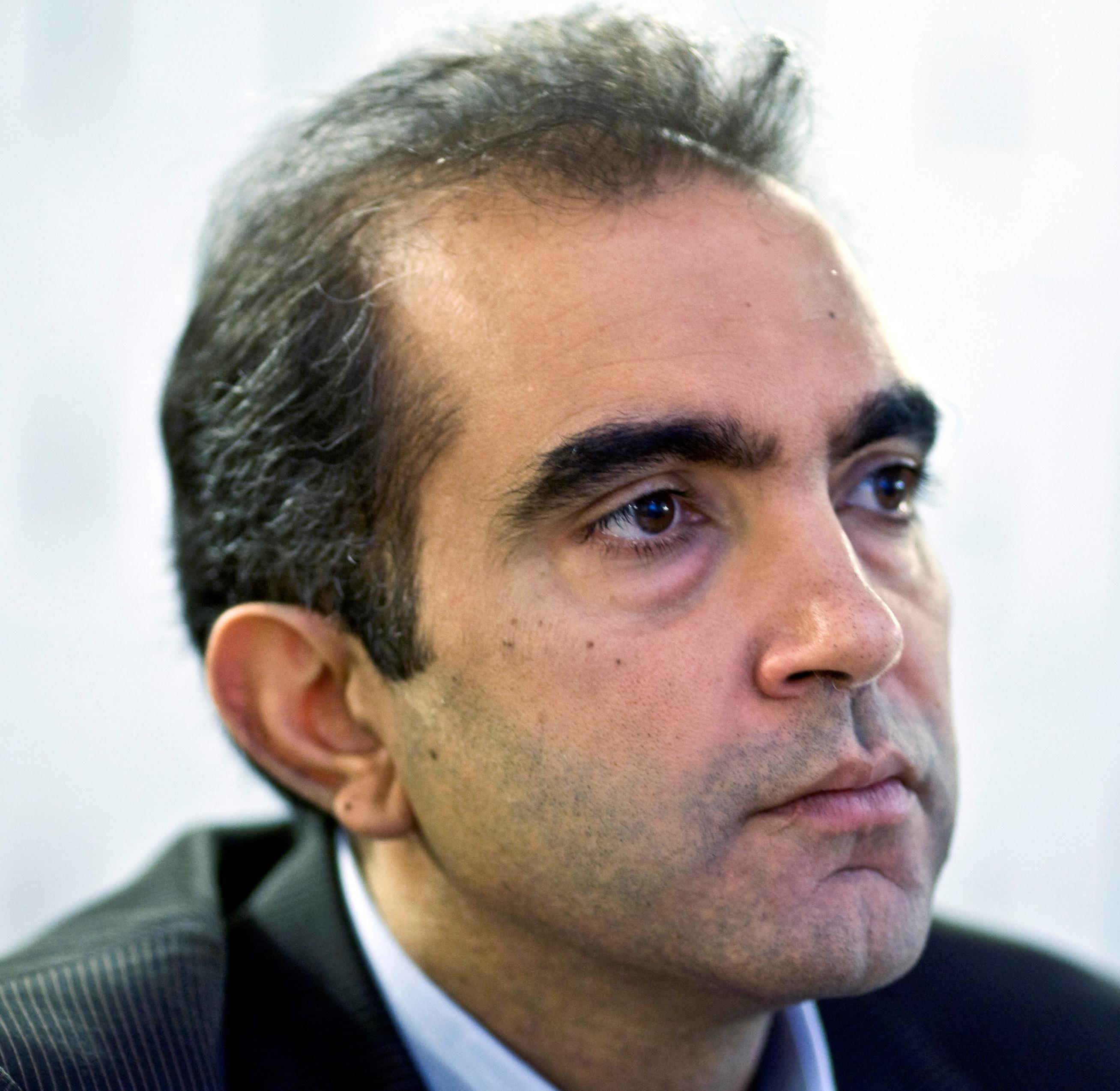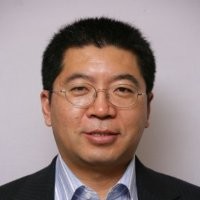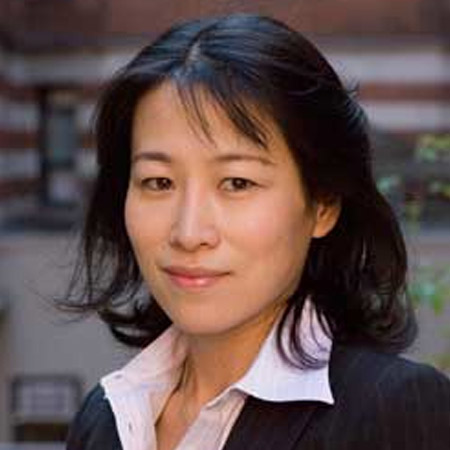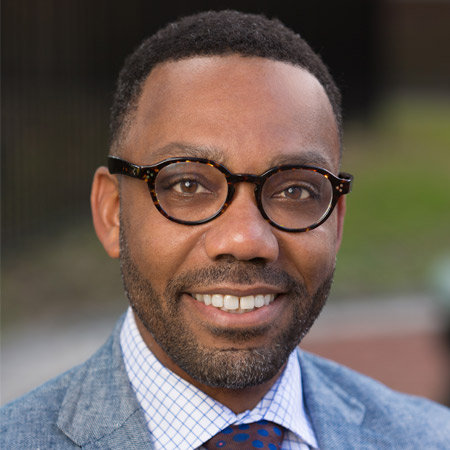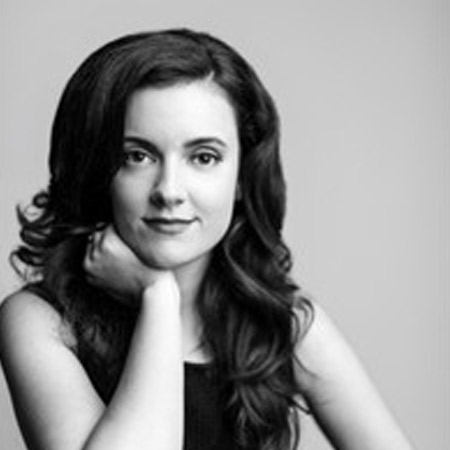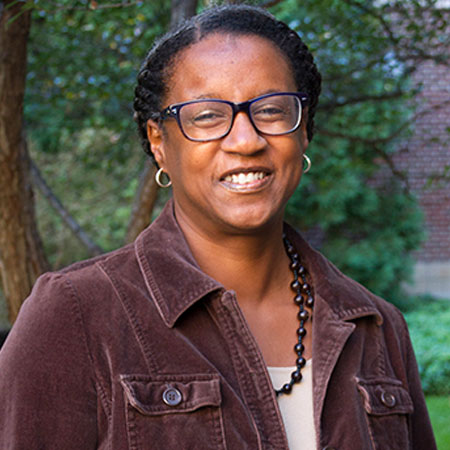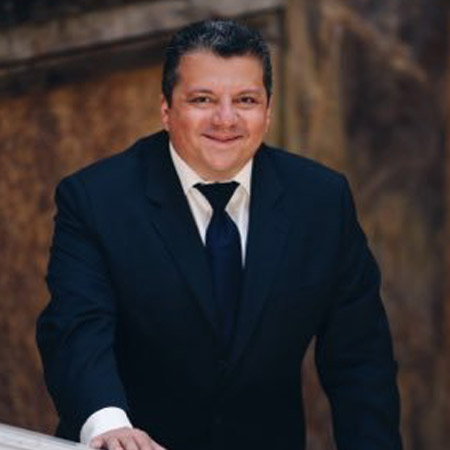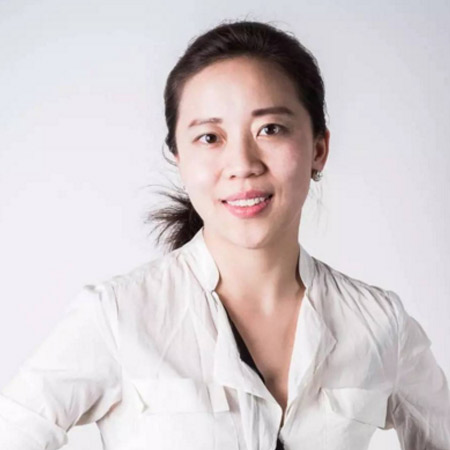About the Conference
On the margins of the 2019 United Nations General Assembly (UNGA), WISE, UNESCO, Transformative Learning Technologies Lab at Teachers College and Teachers College, Columbia University will hold an international conference on the future of AI in education. The UN Security Council has Declared Education as its UNGA 2019 Focus, making it the ideal occasion to gather around the theme, “Where Does Artificial Intelligence Fit in the Classroom?”
With the arrival of artificial intelligence in primary and secondary education classrooms, researchers are advising caution before welcoming AI without rigorous research. The conference will examine the current state of AI learning and the teaching of AI skills for students. It also will separate the myths from realities of AI and envision an inclusive future for AI in education.
Featuring eminent researchers in education and policy as well as leaders from the tech world and NGOs, the conference will:
- Explore interactions between technology and education, in particular, how best practices in AI could be harnessed toward achieving the U.N. Sustainable Development Goal 4 to “ensure inclusive and equitable quality education and promote lifelong learning opportunities for all.”
- Address a variety of questions educators, parents and students might have on AI, including: Is AI another fad or are there real benefits for students? Are public schools prepared for the changes it might bring about? How would it change teacher development? Will tech displace some of the core responsibilities of the traditional teacher – and should it? What ethical issues does AI present?
Follow along live with #AIforEd
[Read more about the ongoing debate surrounding artificial intelligence and education in The Washington Post, which discusses upcoming developments from Google with our panelist Paulo Blikstein.]
Keynote Speaker
Dr. Lipson is a roboticist who works in the areas of artificial intelligence and digital manufacturing. Interested in creating machines that can demonstrate some aspects of human creativity, his research asks questions such as: Can robots ultimately design and make other robots? Can machines be curious and creative? Will robots ever be truly self-aware? In 2017, he gave a talk to children about AI, an event that provided insight about how youth relate to such technologies.
Speakers & Panelists
Planned speakers and panelists include:
Dr. Bailey is the 11th President of Teachers College, Columbia University and the George & Abby O’Neill Professor of Economics & Education. A 27-year faculty member, he is the founding director of the TC’s Community College Research Center and Director of the Institute on Education and the Economy. Dr. Bailey also has directed three National Centers funded by the Institute of Education Sciences: The Center for Analysis of Postsecondary Education and Employment and Center for the Analysis of Postsecondary Readiness. From 2006 to 2012, Dr. Bailey directed the IES-funded National Center for Postsecondary Research.
Dr. Bailey received his undergraduate degree in economics from Harvard University and his Ph.D. in labor economics from the Massachusetts Institute of Technology.
Ms. Barshay is a staff writer and editor who writes the weekly “Proof Points” column about education research and data. She taught algebra to ninth graders for the 2013-14 school year. In school, English was Jill’s worst subject; she now thanks all the teachers who covered her papers in red ink. Previously, Jill was the New York bureau chief for Marketplace, a national business show on public radio stations. She has also written for Congressional Quarterly, The Wall Street Journal, The New York Times and the Financial Times and appeared on CNN and ABC News. A graduate of Brown University, Jill holds master's degrees from the London School of Economics and Columbia University’s Graduate School of Journalism. She was a 2016-17 Spencer Fellow in Education Journalism. In 2019 she received the American Educational Research Association's award for excellence in media reporting on education research.
(Source: Hechinger Report)
Dr. Blikstein is a Teachers College, Columbia University professor, founder of the Transformative Learning Technologies Lab and Co-Founder and Senior Fellow of the Stanford Lemann Center. He researches how new technologies can radically transform learning with a focus on underprivileged schools. Dr. Blikstein created the world’s first FabLabs and Educational Makerspaces in 2010 and pioneered the field of data mining in education and learning analytics.
Ms. Druga is the creator of Cognimates, platform for AI education for families and a Ph.D candidate at the University of Washington. Her research on AI education started during her master in Personal Robots Group at MIT Media Lab. Currently, she is also a Weizenbaum research fellow in the Critical AI Lab and an assistant professor at NYU ITP and RISD, teaching graduate students how to hack smart toys for AI education. She co-founded Hackidemia, a global community for maker education present in 40 countries, Afrimakers, initiative for learning by solving global challenges in 10 African countries and MakerCamp, global camps for learning how to build and run maker spaces. During her research in the past two years, she has observed in longitudinal studies how 450 children from 7 countries are growing up with AI and how they can acquire AI literacy concepts through creative learning activities with the open source AI coding platform she has created.
Dr. Chakroun is an engineer and has a Ph.D. in Education Sciences from Bourgogne University in France. Borhene worked, during the 1990s, as trainer, chief trainer, project manager in the field of vocational training. He has also worked as short-term consultant for the EU, World Bank and other international organisations before coming to the European Training Foundation (ETF) in 2001. At the ETF, Borhene worked as Senior Human Capital Development specialist. He joined UNESCO in 2010 as Section Chief for Skills Development, Literacy and Adult Learning. He is now Director of Policies and Lifelong Learning Systems Division at UNESCO-HQ. Borhene conducted a range of TVET policy reviews and led education initiatives in different contexts. He has authored and co-authored various articles and books in the field of skills development and lifelong learning. Much of his most recent work focuses on global trends in reforming education and training systems and global agenda for skills development and lifelong learning in the context of the 2030 Sustainable Development Agenda.
Dr. Li is Corporate Vice President and Co-President of Research at iFLYTEK, one of the world’s leading AI companies. Named on the 2019 Forbes list of China’s “50 Most Innovative Companies”, iFLYTEK is applying intelligent voice and AI technology to education. iFLYTEK's products enhance education and help teachers assess student learning styles and create personalized lesson plans.
Dr. Okita researches the learning partnership between individuals and technology and how technology intersects with learning and instructional processes. One characteristic of Dr. Okita's work is the use of technological boundary objects as a threshold to learning, instruction, and assessment. She has worked at the Honda Research Institute to design and test robots for educational settings.
Dr. Perry’s research focuses on race and structural inequality, education, and economic inclusion. Perry has also been a founding dean, professor, award-winning journalist, and activist in the field of education. Since 2013, Perry’s column on educational equity appears weekly in The Hechinger Report and frequently examines the rise of artificial intelligence.
Ms. Price explores the intersection between culture, philosophy, humanity, education, and technology at Microsoft. She has partnered with NGOs, research institutions, and companies around the world on topics ranging from ethics in AI to leveraging diversity as fuel for innovation. Currently, Ms. Price is focused on empowering the Fourth Industrial Revolution through higher education.
Dr. Rowley became Provost, Dean and Vice President, and Professor of Psychology and Education, on July 1, 2019. Prior to joining Teachers College, she was Associate Vice President for Research in the University of Michigan’s Office of Research and Professor of Psychology in U-M’s College of Literature, Science, and the Arts. She previously chaired U-M’s Department of Psychology and its Combined Program in Education and Psychology. In her role as a research administrator, Rowley ensured the participation of social scientists and humanists in key multidisciplinary U-M initiatives. Stephanie Rowley studies the development of achievement motivation and academic self-views, particularly as they change across major school transitions and as they relate to race and gender. She also examines predictors of parent socialization and the effects of that socialization on children’s motivation and identity. Rowley earned a bachelor’s degree in psychology and African American Studies from the University of Michigan and a Ph.D. and M.A. in developmental psychology from the University of Virginia.
Mr. Yiannouka is the CEO of the World Innovation Summit for Education (WISE), a global think tank of the Qatar Foundation. WISE is dedicated to enabling the future of education through innovation. Its activities encompass research, capacity-building programs, and advocacy. WISE flagship initiatives include an annual series of research publications, a biennial global summit dubbbed the ‘Davos of education’, the WISE edTech Accelerator, the WISE Innovation Awards, and the WISE Words podcast.
Prior to joining WISE in August 2012, Stavros was the Executive Vice-Dean of the Lee Kuan Yew School of Public Policy (LKY School) at the National University of Singapore. He joined the LKY School in June 2005 to spearhead the implementation of an ambitious growth strategy, which he had helped develop as a management consultant with McKinsey & Company. Today, the LKY School is widely recognized as the leading global policy school in Asia. Together with Kishore Mahbubani et al. Stavros is the co-author of Lee Kuan Yew School of Public Policy: Building a Global Policy School in Asia, World Scientific (2012). For more visit www.lkyspp.nus.edu.sg.
Before joining the LKY School, Stavros spent five years with McKinsey & Company from 2000-2005 serving private and public sector clients in Singapore, Indonesia, South Korea and Canada, predominantly in finance, healthcare and education. Prior to joining McKinsey, Stavros practiced corporate law in the City of London from 1995-1998 with the firms Gouldens and Mayer, Brown & Platt. Stavros holds an MBA (with Distinction) from the London Business School and an LLB (with Honours) from the University of Bristol. He is a member of the Law Society of England and Wales, a Fellow of the Royal Society for the encouragement of Arts, Manufactures and Commerce (RSA); a Member of the Board of Trustees of Nazarbayev University in Astana Kazakhstan; and a non-executive Director of Blue Diagonal Capital Limited.
(Source: wise-qatar.org)
Ms. Zhang is the founder and CEO of RoboTerra, developer of creative robotic products designed to simulate creativity and cultivate STEM talent. An entrepreneur with extensive experience in edtech-related endeavors, Ms. Zhang was recognized as a 2016 Young Global Leader by the World Economic Forum and recently honoured as an Innovation Ambassador by the United Nations (UNCTAD).
Conference Agenda
|
Joint Welcome Address |
|
Panel One (Intro by Stavros Yiannouka, CEO, WISE) A 30,000-foot view of AI in education: Is it worth the hype? Moderator: Panelists: |
|
Intro to Keynote |
|
Keynote |
|
Panel Two (Intro by Jill Barshay, Editor, Hechinger Report) Moderator: Panelists: |
|
Closing Remarks and Next Steps |
